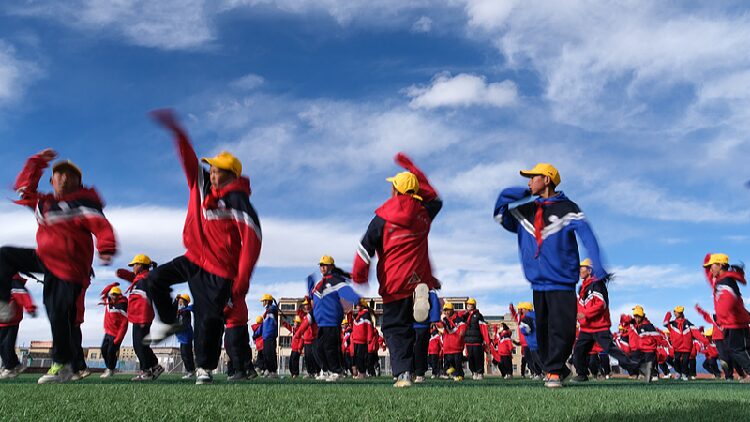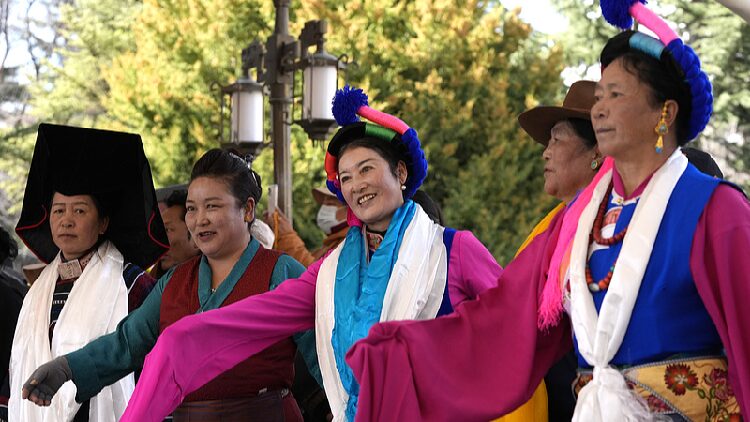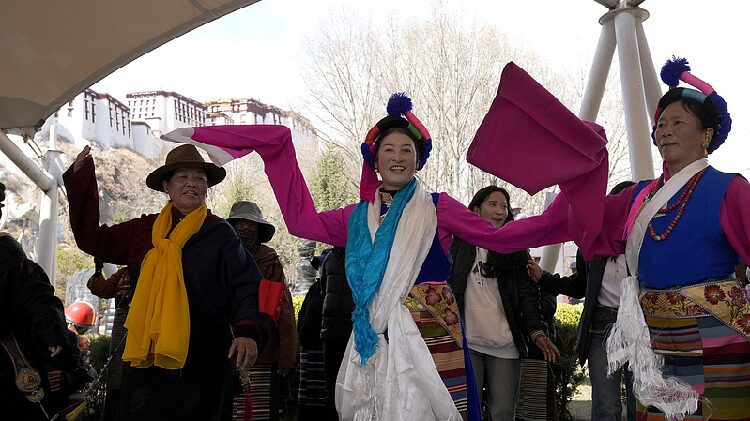Boarding schools are playing a crucial role in bringing education to children from remote farming and pastoral areas in southwest China’s Xizang Autonomous Region, according to a recent white paper released on Friday.
In these remote regions, children often face significant challenges accessing schools due to high altitudes, harsh natural environments, sparse populations, and long distances. The white paper, titled “Human Rights in Xizang in the New Era,” highlights how boarding schools are bridging this gap.
To address these challenges, Xizang has implemented practices in line with the country’s Compulsory Education Law. Schools provide accommodation services and cover all boarding, lodging, and basic study expenses for students. Importantly, students and their parents have the choice to decide whether to board at school, and students can return home on weekends and holidays.
“The measures aim to protect the equal rights of students from all ethnic groups to high-quality education,” the white paper states.
Significant investments have been made to support education in Xizang. Between 2014 and 2024, the region allocated approximately 302.3 billion yuan (around $42.1 billion) in government spending on education. In 2012, Xizang led the nation by providing 15 years of publicly funded education, from kindergarten through senior high school.
By 2024, the region achieved impressive educational outcomes:
- The gross enrollment rate of preschool education reached 91.33 percent.
- The completion rate of nine-year compulsory education was 97.86 percent.
- The gross enrollment rate in senior high schools hit 91.56 percent.
- The gross enrollment rate of higher education stood at 57.81 percent.
These figures indicate that major educational indicators in Xizang have reached or even surpassed the national average, showcasing the region’s progress in making education accessible to all.
Reference(s):
Boarding schools vital to children from remote areas in Xizang
cgtn.com








